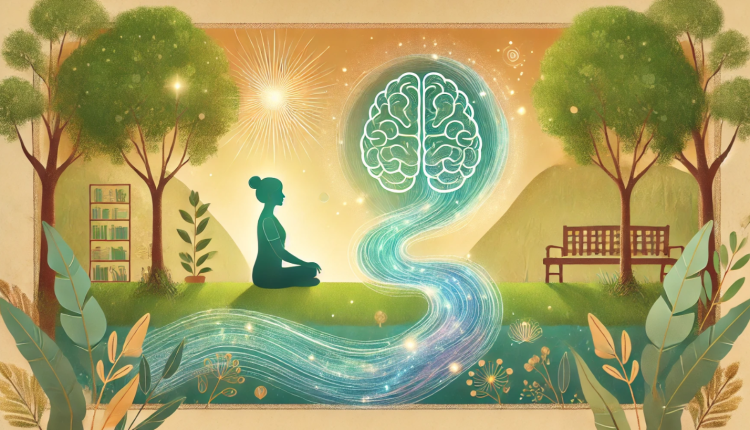Women’s health is intricately tied to hormonal changes that occur throughout life, significantly influencing mental well-being. From adolescence to menopause, fluctuations in hormones such as estrogen and progesterone affect mood, energy, and emotional resilience. This article explores the dynamic relationship between hormonal health and mental wellness, examining key stages of life and strategies for achieving balance.
Hormonal Shifts Across a Woman’s Life
- Adolescence and Puberty:
The surge in estrogen and progesterone during puberty initiates menstruation and influences brain chemistry. These changes can lead to mood swings, anxiety, or irritability. - Reproductive Years:
During the menstrual cycle, hormonal shifts affect serotonin levels, leading to premenstrual syndrome (PMS) in some women. Pregnancy introduces a dramatic hormonal shift, sometimes causing emotional highs and lows or postpartum depression. - Perimenopause and Menopause:
A gradual decline in estrogen during perimenopause and menopause can exacerbate anxiety, depression, and cognitive challenges.
The Role of Hormones in Mental Health
- Estrogen: Enhances serotonin production, supporting mood regulation and cognitive function. Low levels can lead to depressive symptoms.
- Progesterone: Affects GABA receptors in the brain, promoting relaxation. Sudden changes may increase anxiety.
- Cortisol: Chronic stress raises cortisol, impacting reproductive hormones and contributing to mental health struggles.
Strategies for Balancing Hormonal and Mental Health
- Nutrition and Supplements:
- Diets rich in omega-3s, magnesium, and vitamin B6 support hormonal balance.
- Supplements like chasteberry or evening primrose oil can alleviate symptoms of PMS or menopause.
- Exercise:
Physical activity boosts endorphins and stabilizes mood, mitigating the effects of hormonal fluctuations. - Stress Management:
Practices like yoga, mindfulness, and deep breathing help regulate cortisol levels. - Medical Interventions:
Hormone replacement therapy (HRT) or antidepressants may be recommended for severe cases under professional supervision. - Support Systems:
Therapy and support groups can offer emotional resilience and coping strategies.
Conclusion
Understanding and managing the interplay between hormones and mental health empowers women to navigate life’s stages with confidence. By adopting holistic practices and seeking medical support when needed, women can achieve mental wellness and maintain hormonal harmony throughout their lives.


